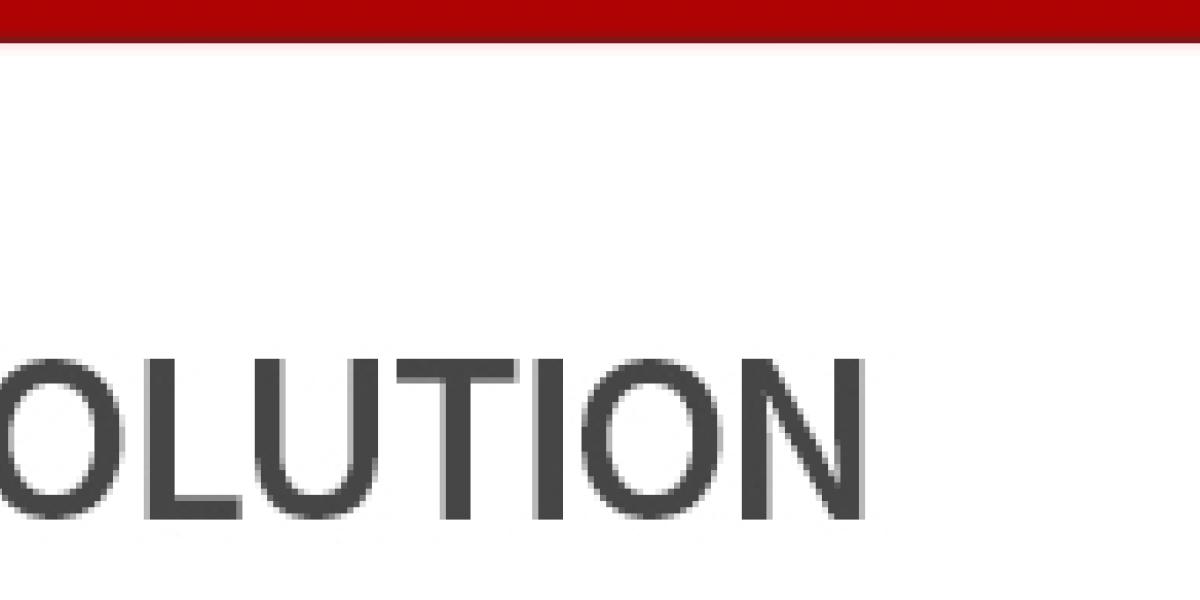Office of Dispute Resolution Awarded $1M Grant for OJJDP Juvenile Justice System Reform Initiative
The Office of Dispute Resolution (Administrative Office of the Courts and Probation’s Court Services Division) was awarded a $1M, 3-year grant to implement the Juvenile Restorative Justice and Family Intervention Initiative, a statewide “upstream” program geared at diverting youth under the age of 18 from the court system. This initiative builds on the juvenile restorative justice work in Nebraska by expanding services to engage families. Including families is important for two reasons: 1) families can provide support to youth as they work to repair the harm they caused through completion of reparation plans, and 2) many families are dealing with issues that make it harder for the youth to succeed if the family issues are not addressed.
The Office of Dispute Resolution will work with approved mediation centers to provide: 1) Victim Youth Conferencing, 2) Juvenile Justice Family Conferencing, 3) Juvenile Justice Family Group Conferencing, and 4) Excessive Absenteeism Conferencing. Each of these services is structured differently and have different objectives. Referrals for these restorative processes come either pre-court/pre-diversion (e.g., school-based referral) or through a Diversion office.
While the processes themselves have different objectives, the overall goals of juvenile restorative justice through this initiative are the same – reducing recidivism; reducing disproportionate contact with the justice system for Black, Indigenous, and people of color; and having a positive impact on youth and their families leading to success in school (i.e., staying in school) and, therefore, breaking the school to prison pipeline.
In addition to providing juvenile restorative justice services to youth and their families, at no cost to them, the initiative will form a stakeholder engagement group. This group will review case and evaluation data and compare outcomes to goals. If goals are not being achieved, for example, referral numbers are lower than expected, the group will determine why and recommend changes in an effort to meet the stated goals. Focus groups and interviews will also be conducted to better understand perspectives related to restorative justice. The information from the focus groups and interviews will assist with the creation of educational material provided to schools, diversion offices, county attorneys, defense attorneys, and the general public.
An external evaluation will also be conducted to determine whether youth participating in a restorative justice diversion program are more likely to complete diversion than youth who complete standard diversion. Program design and outcomes will be shared regionally and nationally through presentations and written material to inform other states about juvenile restorative justice.

